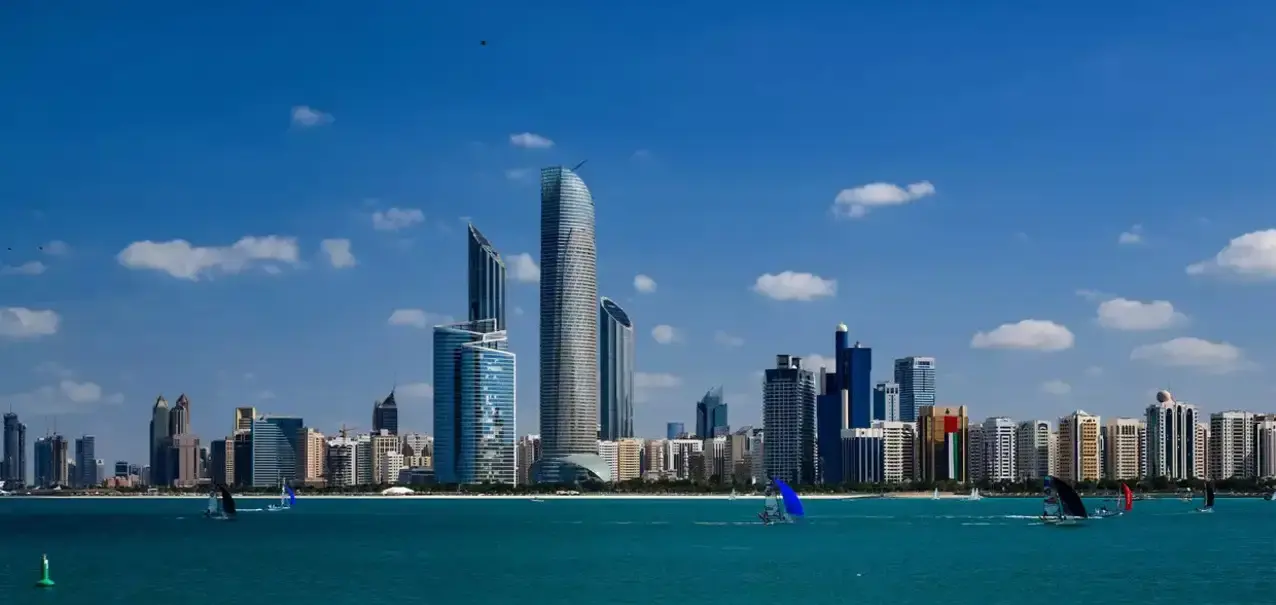
Dubai’s rental property market is undergoing notable shifts in 2025. From falling rents in some areas to new government tools affecting pricing and transparency, tenants and landlords alike are paying attention. Whether you’re looking for an update on pricing trends, regulations, or what it all means for your next move here’s everything in clear, easy English.

After consecutive years of steep increases with some districts seeing rent spikes over 40% in 2024 Dubai’s rental growth is finally slowing. By May 2025, annual rental growth had dropped to 8.5%, down from 21.1% in the previous year.
Budget-friendly neighbourhoods like International City and Discovery Gardens have seen notable declines, due to rising supply and tightened regulations. Meanwhile, popular mid-market areas such as Al Barsha recorded rent drops of over 20% in August compared to the same period in 2024.

Not all parts of the market are slowing. High-end and waterfront communities are still posting healthy rent increases:

A major reason behind the easing rental growth is the spike in housing supply. Over 72,000 new units are expected to be delivered by end of 2025, helping to cool the rental market and offer tenants better choices.
Q2 data shows that new property launches outnumbered handovers at nearly a 5:1 ratio 81,672 new units vs. 16,744 handed over. This growing inventory is lengthening listing times and giving tenants more bargaining power.

Dubai’s Real Estate Regulatory Agency (RERA) introduced the Smart Rental Index 2025, a structured tool aimed at ensuring fair rent increases and transparency.
Key features include:
If a building lacks a rental rating, landlords must follow older rent cap rules and tenants have the right to dispute increases.

Despite the drops in certain areas, demand remains solid. July 2025 data from Betterhomes shows a 3.4% month-on-month rise in rental transactions, with new leases accounting for 40% of all deals. Apartment rents in communities like Al Khail Heights rose 1.5%, and Jumeirah villa rents climbed by 4.2%.
Yet longer-term trends show a pullback: total rental contracts in Q2 dropped 6.3% year-on-year, while renewals and new contracts declined as well.

The rental boom hasn’t benefited everyone particularly budget-conscious expats. A crackdown on illegal, partitioned housing exposed safety risks and forced many low-income workers out, highlighting the affordability crisis.
Simultaneously, rising costs and reduced perks are making even middle-class expats re-evaluate staying in Dubai. A recent report detailed how a British IT professional lost his job and eventually his home a stark reminder of economic vulnerability.

Behind the scenes, investors remain bullish. Leading private equity firms Permira and Blackstone acquired a $525 million stake in real estate platform Property Finder, valuing the company at $2 billion. This move reflects ongoing faith in Dubai’s property market, even amid shifting rental trends.
Dubai’s rental market in 2025 is clearly at a turning point. While affordable areas are seeing relief in rent prices, luxury markets remain lively. A huge wave of new units and regulatory tools like the Smart Rental Index are helping balance the playing field. Tenants should stay informed and take advantage of more supply, stricter rent rules, and better negotiation opportunities.
READ MORE:- Inside the World of Business Acquisitions: Secrets of Corporate Growth 2025
